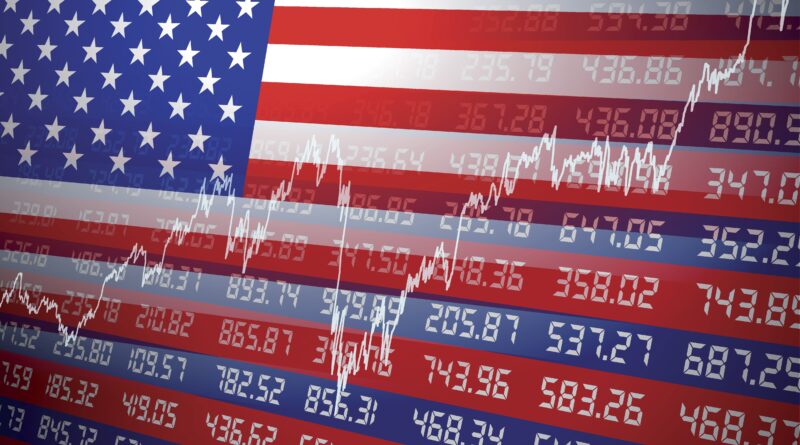Dow Jones Sustainability North America Index Definition
What Is the Dow Jones Sustainability (DJSI) North America Index?
The Dow Jones Sustainability North America Index, or DJSI North America, is a stock index that captures the top 20% of the largest 600 stocks in the S&P Global Broad Market Index (BMI) based on long-term economic, environmental, and social criteria.
It is not to be confused with the Dow Jones Sustainability North America 40 Index or the Dow Jones Sustainability United States 40 Index. Those subsets deal with the top 40 sustainability-driven companies, both in the U.S. or in North America. They were launched in 2008, three years after the DJSI North America.
Key Takeaways
- The Dow Jones Sustainability North America Index comprises the top 20% of the largest 600 companies in the S&P Global BMI based on long-term economic, environmental, and social criteria.
- The Dow Jones Sustainability North America 40 Index is a subset of the DJSI that looks at the top 40 sustainability-driven companies.
- The data used by the DJSI North America is self-reported by companies. That information, therefore, may be biased.
Understanding the Dow Jones Sustainability North America Index
The Dow Jones Sustainability Index (DJSI) is a collection of indices launched in 1999 as the first global sustainability benchmarks. The focus of these Dow Jones Indices is to evaluate the sustainability of various publicly traded companies. The indices are a partnership between S&P Dow Jones Indices and RobecoSAM.
Among those indices is the Dow Jones Sustainability North America Index, which was created in 2005 in conjunction with its subdivision, the Dow Jones Sustainability United States Index, following the creation of the Dow Jones Sustainability World Index in 1999.
Many companies that become members of this index see it as an opportunity to enhance shareholder awareness of their environmental efforts. They often issue press releases to announce their index membership and use the status to advertise their environmental, social, and governance (ESG) leadership.
Since the DJSI North America relies upon data that companies self-report to RobecoSAM, it is important to understand that the information they provide may be biased.
How the Dow Jones Sustainability North America Index Works
As of June 30, 2021, the number of constituents in The Dow Jones Sustainability North America Index totaled 143. The information technology sector was the most represented, accounting for just over 36% of the index.
The DJSI North America regularly posts higher annualized returns than the S&P Global BMI Index.
The DJSI North America reported a carbon footprint nearly 50% better than the more inclusive S&P Global BMI. Fossil fuel reserve emissions averaged less than half of those reported for the S&P Global BMI, and the DJSI North America performed better in carbon efficiency as well.
The DJSI North America is weighted based on free-float market capitalization, and changes are made annually in September based on updated sustainability scores. The corporate sustainability of each company is assessed through an intricate weighting system that Dow Jones uses to evaluate economic, environmental, and social metrics, including:
- Risk and crisis management in the event of environmental disasters
- Supply chain standards
- Climate change mitigation
- Operational eco-efficiency
- Labor practices and human rights
- Human capital development
Candidate firms are further assessed based on media and stakeholder commentary and industry-specific criteria. Companies are reevaluated each year; those that fail to show consistent progress may be removed from the index. The top three holdings of the DJSI North America as of June 30, 2021, were Microsoft Corp., Nvidia Corp., and Visa Inc.


